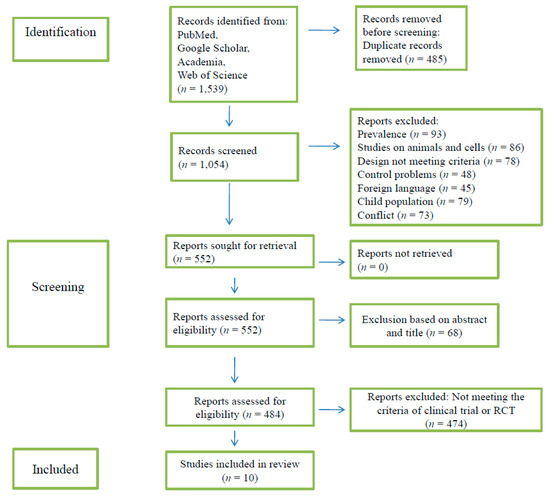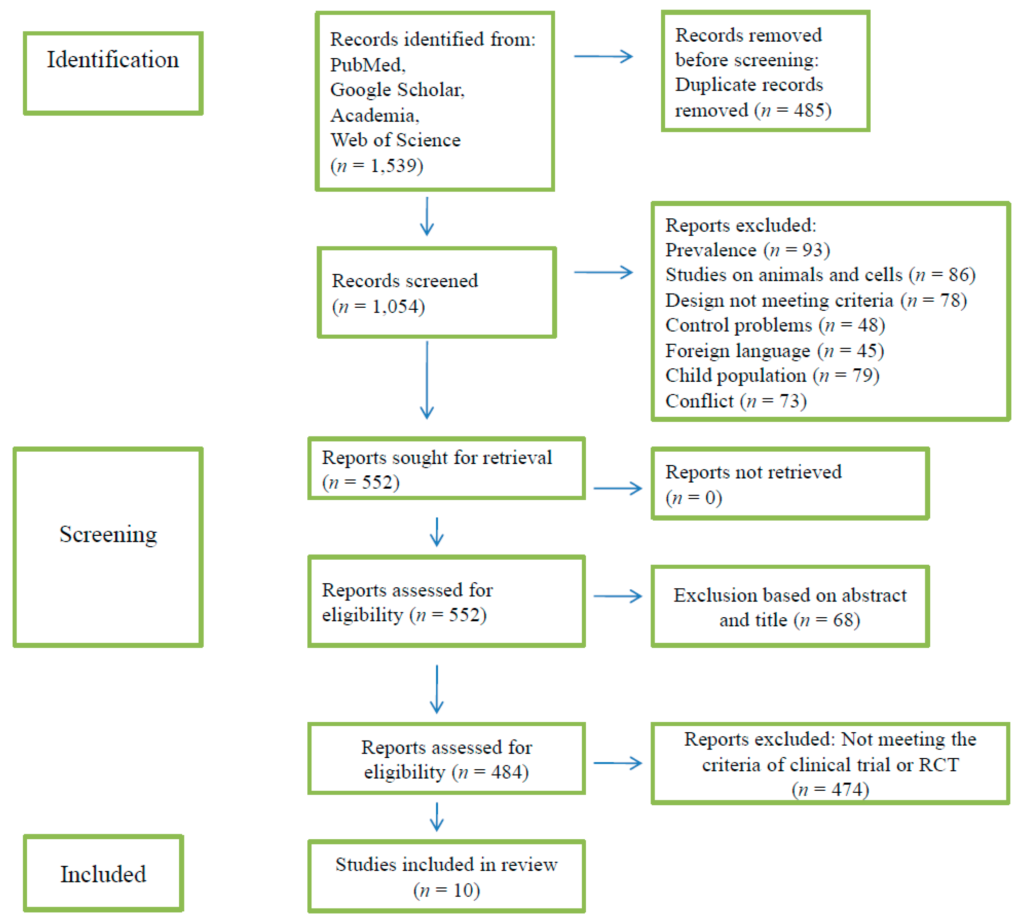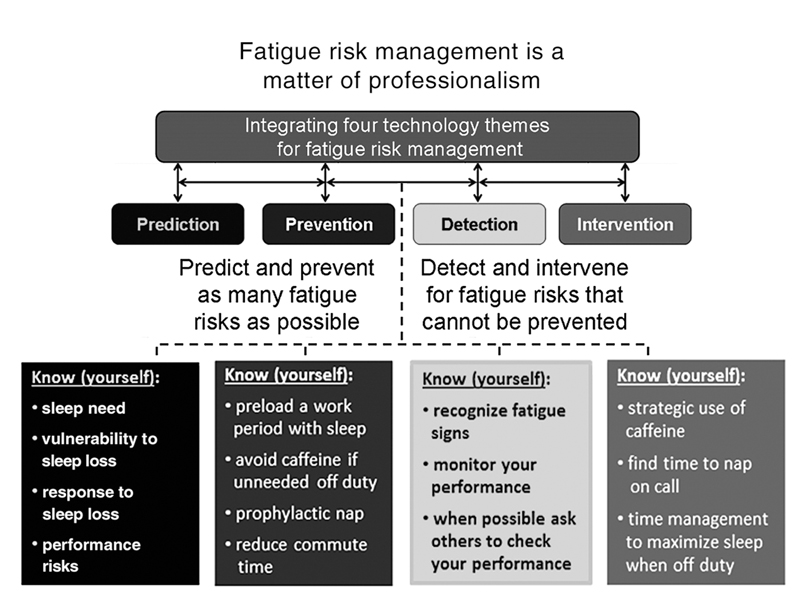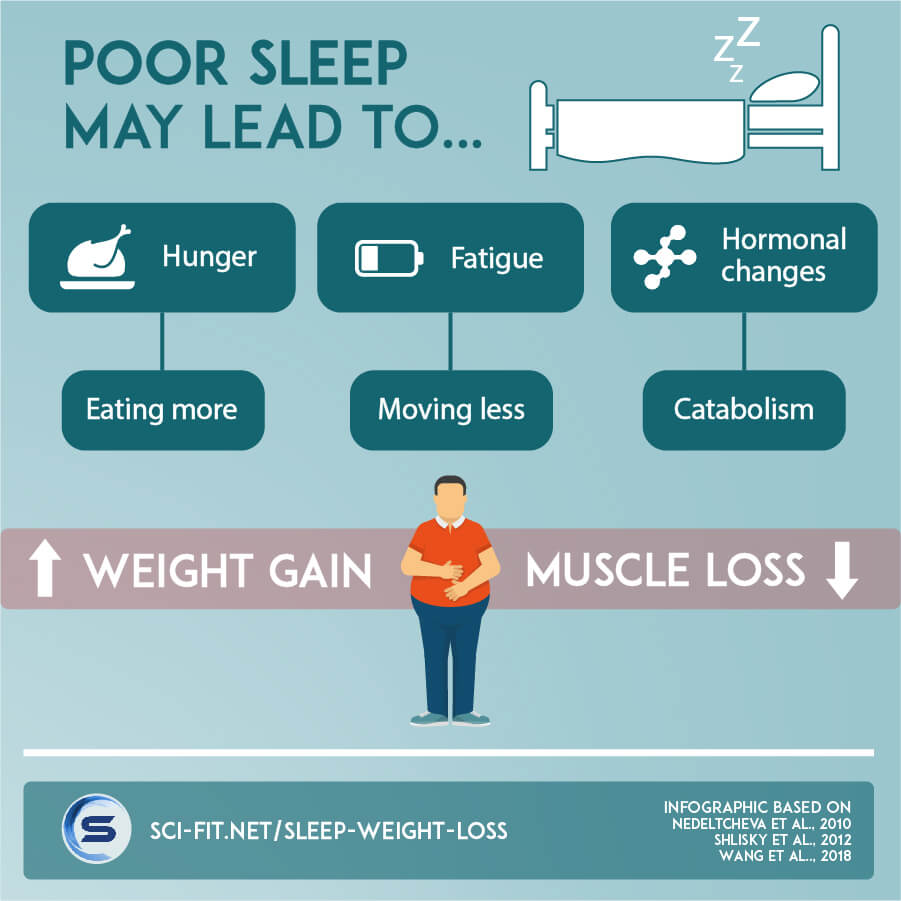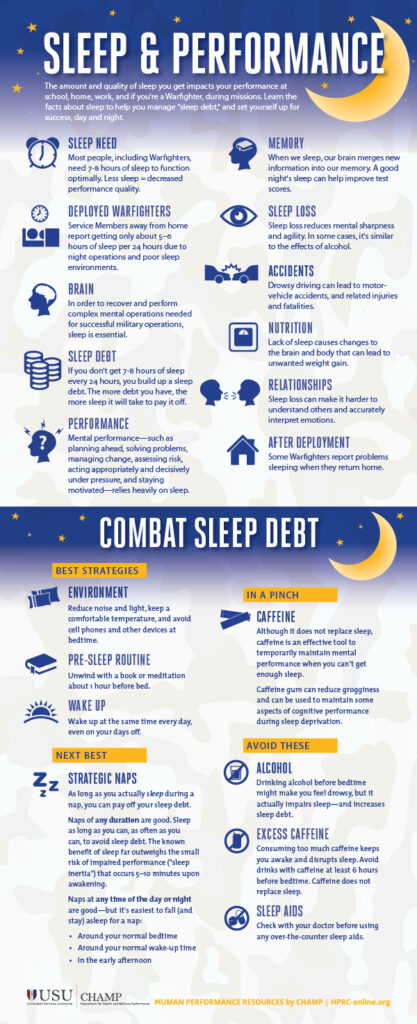
The Effects of Sleep Deprivation on Weight Loss and Effective Management Strategies
In this article, we will be discussing the impact that sleep deprivation and stress can have on your weight loss journey. Lack of sleep can actually hinder your weight loss efforts, and stress can make it even more difficult to shed those extra pounds. However, don’t worry! We will also be sharing some effective strategies to help you manage sleep and stress, so that you can achieve your weight loss goals successfully. So, let’s dive in and learn how to overcome these obstacles and achieve a healthier lifestyle.
Table of Contents
ToggleThe Effects of Sleep Deprivation on Weight Loss and Effective Management Strategies
Losing weight can be a challenging journey, requiring dedication and commitment to making healthy lifestyle changes. While most people focus on diet and exercise, there is one often overlooked factor that plays a significant role in weight management – sleep. Sleep quality and duration are essential for overall health and well-being, including successful weight loss. In this article, we will explore the effects of sleep deprivation on weight loss and discuss effective management strategies to improve your sleep and achieve your weight loss goals.
Sleep Quality and Weight Management
Quality sleep is essential for weight management as it affects various physiological processes in the body that influence appetite, metabolism, and energy expenditure. Research suggests that poor sleep quality and insufficient sleep duration can disrupt these processes and lead to weight gain or hinder weight loss efforts.
The Role of Sleep in Appetite Regulation
Sleep deprivation can disrupt the regulation of appetite hormones, specifically ghrelin and leptin. Ghrelin is responsible for promoting hunger, while leptin signals fullness and reduces appetite. Lack of sleep increases ghrelin production, creating an imbalance and making you feel hungrier than usual. Furthermore, sleep deprivation decreases leptin levels, leading to decreased satiety, and ultimately, increased calorie intake.
Sleep Deprivation and Its Impact on Metabolism
Another crucial aspect of weight management is metabolism, which involves the conversion of food into energy. Sleep deprivation has been shown to impair metabolic function, leading to decreased insulin sensitivity and disrupted glucose metabolism. This can contribute to weight gain and the development of conditions such as insulin resistance and type 2 diabetes.
The Link Between Sleep Deprivation and Weight Gain
The Impact of Sleep Deprivation on Hunger Hormones
Sleep deprivation disrupts the delicate balance between hunger hormones, as mentioned earlier. Studies have shown that individuals who lack sufficient sleep experience an increase in ghrelin levels and a decrease in leptin levels, resulting in increased appetite and a higher likelihood of overeating.
How Lack of Sleep Affects Food Choices
When you are sleep-deprived, your brain’s reward centers become more active, leading to cravings for high-calorie, fatty, and sugary foods. Lack of sleep can impair your judgment and decision-making abilities, making it more challenging to resist these unhealthy food choices. Additionally, sleep deprivation can lead to an increased preference for foods rich in carbohydrates, further contributing to weight gain.
The Relationship Between Insufficient Sleep and Increased Calorie Intake
Studies have indicated that individuals who sleep for fewer hours consume more calories per day compared to those who get adequate sleep. Sleep-deprived individuals tend to have increased snacking, especially later in the evening, and have a higher likelihood of consuming high-energy foods. These extra calories can lead to weight gain and hinder weight loss efforts.
Sleep Deprivation and its Effects on Body Composition
The Influence of Sleep Loss on Muscle Mass
Sleep deprivation not only affects weight but also impacts body composition. Lack of sleep has been found to lead to muscle loss and hinder muscle recovery. This can be detrimental to your weight loss goals as lean muscle mass is essential for a higher metabolic rate and overall fat burning.
The Effect of Sleep Deprivation on Fat Storage and Distribution
Sleep deprivation is closely associated with increased fat storage, particularly in the abdominal region. These changes in fat distribution can increase the risk of developing obesity and related health conditions such as cardiovascular diseases and metabolic syndrome.
Sleep Deprivation and Energy Expenditure
The Impact of Sleep Loss on Physical Activity Levels
When you are sleep deprived, you may feel too tired or lethargic to engage in physical activity. Lack of energy and motivation can significantly impact your exercise routine, leading to decreased physical activity levels. This reduction in energy expenditure can impede weight loss progress.
The Role of Sleep in Regulating Energy Expenditure
During sleep, the body undergoes various restorative processes, including the regulation of energy expenditure. Sleep deprivation disrupts these processes, leading to lower overall energy expenditure even during wakefulness. This can contribute to an imbalance between calorie intake and calorie expenditure, hindering weight loss efforts.
The Role of Sleep in Successful Weight Loss Maintenance
The Connection Between Sleep and Long-term Weight Management
While sleep is essential for weight loss, it is equally crucial for weight loss maintenance. Adequate sleep is associated with a higher likelihood of maintaining weight loss in the long term. On the other hand, sleep deprivation can increase the risk of weight regain and make it harder to sustain the weight loss achieved.
The Importance of Sleep in Preventing Weight Regain
Sleep deprivation can disrupt the balance of hunger hormones, increase appetite, and lead to cravings for unhealthy foods. This can result in overeating and a higher chance of weight regain. Therefore, prioritizing quality sleep is essential for successful weight loss maintenance.
Strategies for Managing Sleep Deprivation in Weight Loss
Establishing a Consistent Sleep Schedule
Creating a consistent sleep schedule is crucial for improving sleep quality and duration. Set a regular bedtime and wake-up time, even on weekends, to regulate your body’s internal clock. This helps to ensure that you get enough restorative sleep each night.
Creating a Sleep-friendly Environment
Make your bedroom a sleep-friendly environment by keeping it cool, dark, and quiet. Use comfortable bedding and ensure that your mattress and pillows provide adequate support. Minimize electronic device usage before bed, as the blue light emitted can disrupt your sleep patterns.
Practicing Relaxation Techniques for Better Sleep
Incorporating relaxation techniques into your bedtime routine can help calm your mind and prepare your body for sleep. Activities such as meditation, deep breathing exercises, or taking a warm bath can promote relaxation and improve your sleep quality.
The Role of Stress in Sleep Deprivation and Weight Loss
The Impact of Stress on Sleep Quality
Stress and sleep are closely interconnected, and chronic stress can significantly impact sleep quality. When you are stressed, your body releases stress hormones like cortisol, which can disrupt your sleep patterns and lead to sleep deprivation.
Stress-related Behaviors that Contribute to Weight Gain
Moreover, stress can contribute to weight gain through various behaviors such as emotional eating, comfort eating, or mindless snacking. These coping mechanisms often involve consuming high-calorie, unhealthy foods, contributing to weight gain and hindering weight loss efforts.
Stress Management Strategies for Improved Sleep and Weight Management
Implementing stress management strategies can be beneficial for both sleep quality and weight management. Engage in stress-reducing activities such as exercise, mindfulness, or engaging in hobbies you enjoy. Additionally, seeking support from friends, family, or a therapist can help alleviate stress and improve your overall well-being.
The Importance of a Comprehensive Weight Loss Approach
Integrating Sleep Management into Weight Loss Programs
Weight loss programs that overlook the importance of sleep management may not yield sustainable results. To achieve successful weight loss, it is essential to address sleep quality and duration as part of a comprehensive approach. Including strategies to improve sleep in weight loss programs can enhance overall well-being and increase the likelihood of long-term success.
Addressing Both Sleep and Stress for Effective Weight Loss
Recognizing the interplay between sleep and stress is crucial for effective weight loss. Addressing both sleep deprivation and stress is key to optimizing weight management efforts. By establishing healthy sleep habits and implementing stress management techniques, you can create a more conducive environment for weight loss success.
The Benefits of a Holistic Approach to Weight Management
Taking a holistic approach to weight management that considers various factors such as sleep, stress, nutrition, and exercise can yield more sustainable and long-lasting results. By prioritizing quality sleep and managing stress effectively, you set yourself up for success in achieving your weight loss goals and maintaining them in the long term.
The Connection Between Sleep and Exercise in Weight Loss
The Role of Sleep in Exercise Performance and Recovery
Sleep plays a pivotal role in exercise performance and recovery. Sufficient sleep allows the body to repair and rebuild muscle tissue, optimize energy levels, and enhance overall athletic performance. Prioritizing quality sleep can improve exercise outcomes and aid in weight loss efforts.
How Exercise Affects Sleep Quality and Duration
Regular physical activity has been shown to promote better sleep quality and duration. Engaging in exercise during the day can help regulate your sleep-wake cycle, promote deeper sleep, and reduce the likelihood of sleep disturbances. Incorporating exercise into your weight loss plan can positively impact both sleep and weight management.
The Synergistic Effects of Sleep and Exercise for Weight Loss
The combination of quality sleep and regular exercise creates a powerful synergy for weight loss. When you get enough restorative sleep, your body is better able to recover from physical activity, leading to improved exercise performance. Additionally, regular exercise can promote better sleep quality, creating a cycle of positive reinforcement and improved weight loss outcomes.
Conclusion
Recognizing the significant impact of sleep deprivation on weight loss is crucial for achieving your weight loss goals. Inadequate sleep can disrupt appetite regulation, hinder metabolism, affect body composition, and decrease energy expenditure, all of which can impede weight loss efforts. However, implementing effective management strategies such as establishing a consistent sleep schedule, creating a sleep-friendly environment, practicing relaxation techniques, and managing stress can counteract the negative effects of sleep deprivation and promote successful weight management. By prioritizing quality sleep and taking a holistic approach to weight loss, you can enhance your overall well-being and achieve sustainable results in your weight loss journey.
Learn how sleep deprivation affects weight loss and discover effective strategies to manage sleep and stress for successful weight management.

